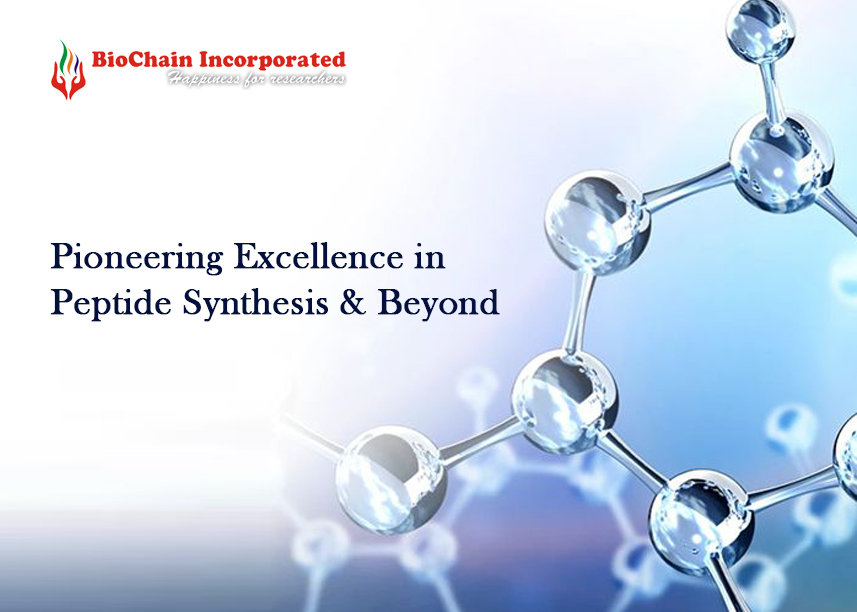Unlocking Precision: The Safety Catch Principle in Solid Phase Peptide Synthesis
Solid Phase Peptide Synthesis (SPPS) stands as a cornerstone in modern biotechnology, revolutionizing the field of peptide chemistry. At the heart of this process lies a crucial principle known as the Safety Catch Principle. Through the pioneering work of Dr. Robert Bruce Merrifield, this technique has unlocked new avenues for peptide synthesis, enabling advancements in fields ranging from drug development to molecular biology.
Let us acknowledge the visionary contributions of those who discovered this groundbreaking technique. Additionally, we will spotlight industry leaders like Biochain, who continue to advance the frontiers of peptide synthesis.
Who discovered the process of solid phase peptide synthesis?
The process of Solid Phase Peptide Synthesis was first conceptualized and demonstrated by Dr. Robert Bruce Merrifield. In 1963, Dr. Merrifield introduced the concept of solid-phase synthesis by successfully synthesizing a peptide using a resin-bound amino acid. This groundbreaking achievement earned him the Nobel Prize in Chemistry in 1984, solidifying his legacy as a pioneer in the field of peptide chemistry.
Explaining Solid Phase Peptide Synthesis (SPPS):
Solid Phase Peptide Synthesis is a powerful method for constructing peptides. Unlike traditional solution-phase synthesis, which often requires extensive purification steps, SPPS occurs on a solid support matrix. The growing peptide chain is anchored to this matrix, allowing for facile removal of impurities and enabling sequential addition of amino acids in a controlled manner.
The Principle of Solid Phase Peptide Synthesis:
The Safety Catch Principle is the linchpin of SPPS. It involves the incorporation of a labile linker between the resin and the first amino acid, acting as a "safety catch" during the synthesis process. This linker can be selectively cleaved to release the peptide from the solid support after the completion of synthesis, ensuring the integrity of the final product.
Biochain: Advancing Peptide Synthesis and Beyond:
In the contemporary landscape of biotechnology, Biochain emerges as a vanguard in the realm of peptide synthesis. With a commitment to excellence and a legacy of innovation, Biochain has harnessed the principles of SPPS to offer a diverse array of high-quality peptides for research, pharmaceutical, and diagnostic applications. Their state-of-the-art facilities and a team of dedicated experts ensure the precision and reliability of every peptide product they offer.
Conclusion:
Industry leaders like Biochain continue to build on this legacy, harnessing the principles of SPPS to deliver cutting-edge solutions for the scientific community. As we move forward, the future of peptide synthesis holds boundless possibilities, propelled by the visionary contributions of pioneers and innovators alike.



.png)

.png)


.png)
.png)
.png)
.png)
.png)